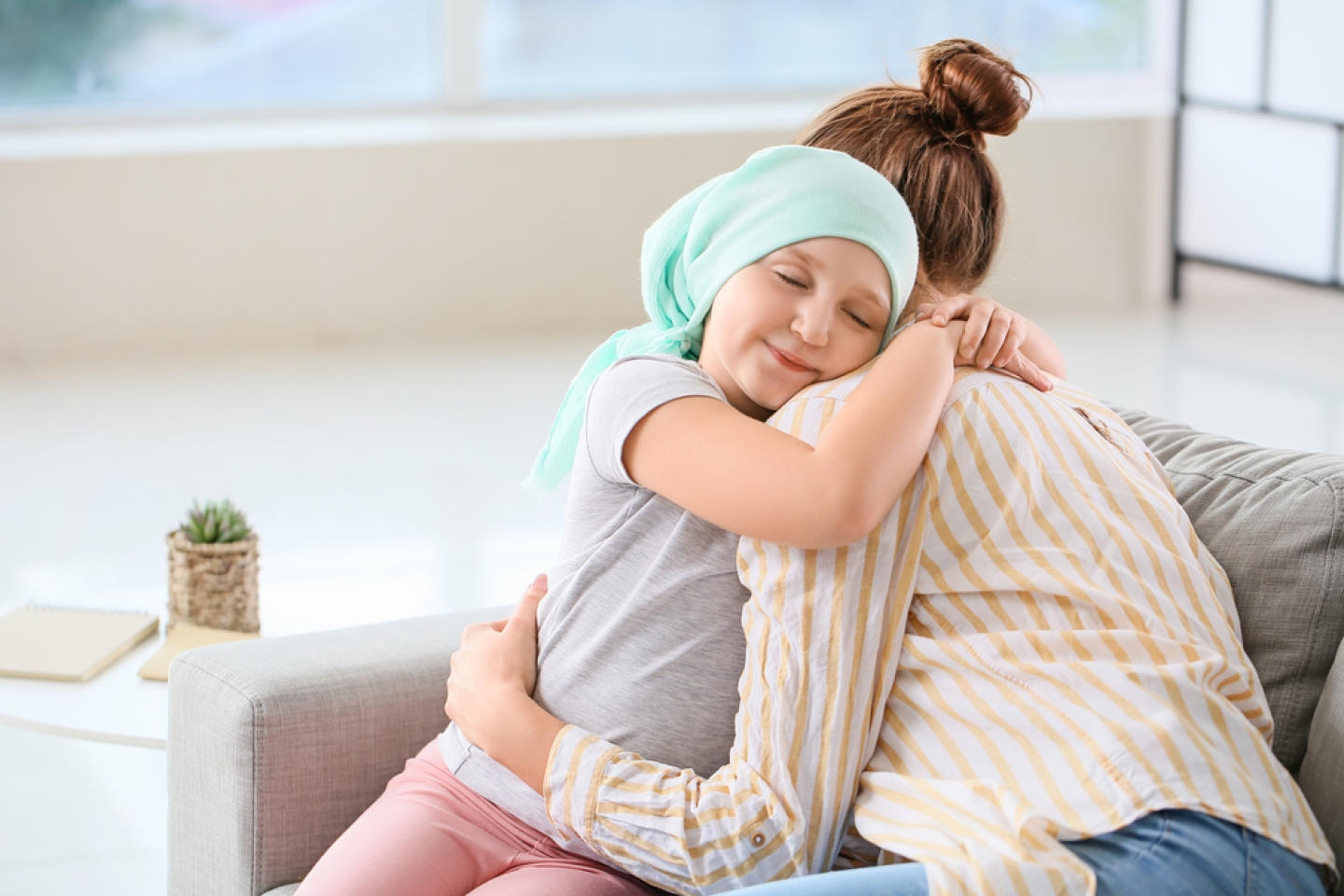
Today, cancer is not only treatable but curable in a large number of children with the disease. That means long-term survival, says Dr. Alexander Chou, Assistant Professor of Pediatrics and assistant attending pediatrician at Weill Cornell Medicine. “Kids who were diagnosed at a young age are going off to college, getting married and having children of their own.”
Childhood cancers are fairly rare compared to adult cancers, but for Dr. Chou, there are still too many kids with leukemia, lymphoma and brain tumors—the three most common types of cancer that afflict children.
“It’s scary for a parent to hear that their child has cancer,” he says. “But right now, there’s a ton of hope, due to advances made in the past 5 to 10 years in the following areas:
However, with all the strides we’ve made in understanding the biology of cancer and the genes associated with the disease, only about 10 percent of childhood cancers are found to be hereditary. We still don’t know what causes most childhood cancers.”
Dr. Chou doesn’t recommend routine genetic testing for healthy children. But if a child is diagnosed with cancer, it may be helpful to conduct a genetic test to see whether one of the cancer-causing genes is present. “Having that information could help us take care of your child and your whole family, including your other children. We work closely with our genetic counselors and geneticists to provide the best information to families.
“The one thing I want families to understand is that there’s nothing you did or didn’t do that caused your child to have cancer,” he adds.
By the time you count all the health-care providers, family members, friends and community members who rally around the child with cancer, you’ve got a village-sized support system.
“Young cancer patients need a team to travel with them on the arduous journey between diagnosis and cure,” he says, referring not only to doctors, nurses and other health-care personnel, but family, friends and people who are engaged in the child’s community. “I don’t believe in isolating kids when they’re diagnosed or receiving treatment. We have wonderful social workers, psychologists, chaplains and child life specialists on hand at Weill Cornell, but at the end of the day, the child will need a solid support system to make it through cancer treatment. That goes for the entire family as well.”
In addition to friends and relatives, the family’s support network may also include neighbors, the child’s teachers, members of the family’s faith community and members of other communities in which they take part, Dr. Chou says. Even young former cancer patients can lend moral support to children going through treatment, offering proof that they too can emerge healthy and whole on the other side of their treatment ordeal.
Dr. Chou describes the health-care professionals who deliver high-quality, collaborative care to every child being treated for cancer at Weill Cornell Medicine—a multidisciplinary team that includes physicians, nurses, nurse practitioners, physician assistants, social workers, psychologists, physical therapists and occupational therapists.
As chemotherapy may place a burden on the body’s various organs and organ systems, a variety of pediatric subspecialists may also participate in the child’s care: pediatricians who focus on infectious disease, gastroenterology and cardiology, and those who specialize in lung disease and liver disease. “We strive to meet every need that may arise, with every member of the child’s medical team under one roof,” he says.
Asked to describe his philosophy, Dr. Chou delineates the 4-pronged approach that guides the way he and his colleagues care for their young patients. For them, treatment must be:
Today, he reiterates, there’s hope for beating cancer once and for all. “We’re taking cancers that were previously considered incurable and making them curable. The process isn’t easy. Children and their families go through a lot in pursuit of a cure, but the hope is there.
“We know more and more about the biology behind some of the cancers kids get,” he continues, “and because of that, we can individualize patients’ therapy plans based on the nature of the child’s tumor. We’ve got new, targeted chemotherapy and immunotherapy agents. There are new, minimally invasive surgical techniques that improve recovery time and minimize pain. We’ve got new radiation therapy techniques that target the tumor while minimizing damage to surrounding tissues. For children with cancer and their families, the age of personalized medicine has arrived.”
To connect with all the care and services you’ll need for a child with cancer, please visit here to learn more.